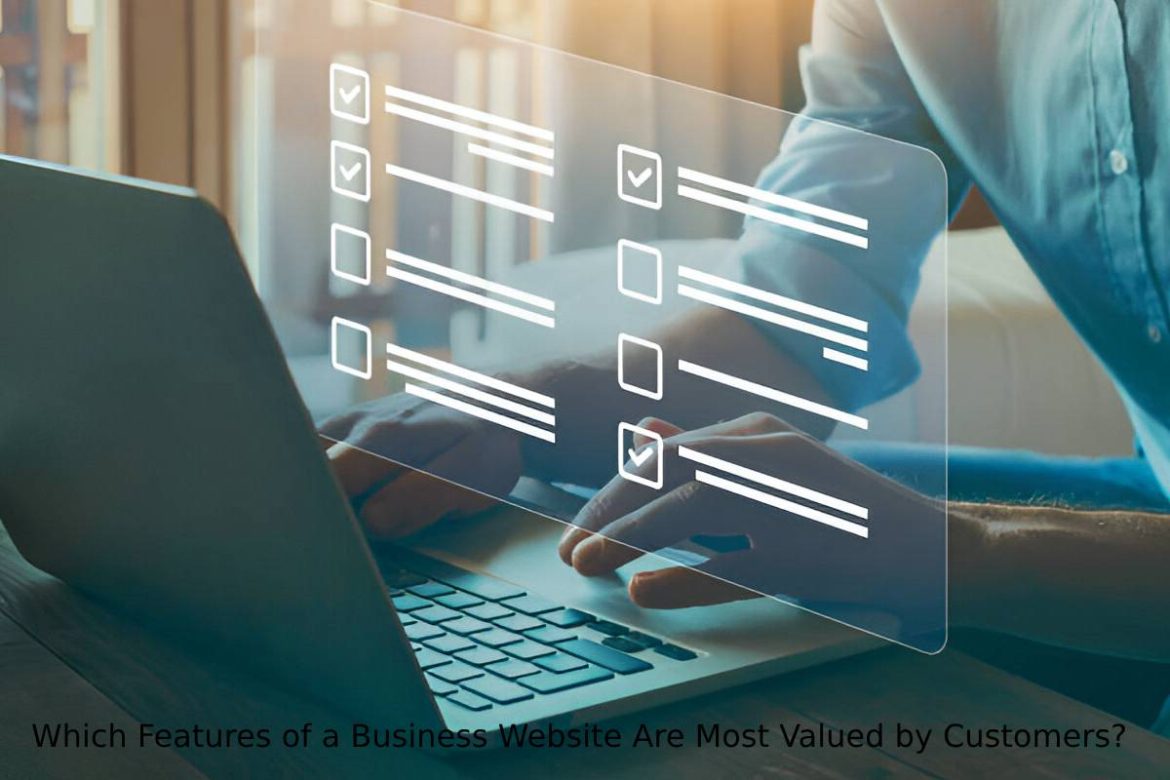A business website is widely known to be a valuable step forward for companies. Designing your own might often feel like going through a checklist of items you need to include, but it’s important to consider your own purposes and branding so that this platform can feel as unique to you as possible.
While many of the core features will be transferrable from website to website, different audiences are going to place different amounts of importance on individual examples – meaning that producing the most effective platform means understanding your audiences.
Table of Contents
Features in Usability
The website needs to function – that’s a given. If it’s susceptible to errors, bugs, and security issues, no one is going to want to visit your page. This is also something that you have to consider when you implement more ambitious features such as APIs which can increase engagement with the platform. While these kinds of tools can be enormously beneficial when done right, you might find that the use of an API management platform can help you avoid any potential pitfalls as well. You want these features to be user-friendly, but you also want them to be manageable for your team.
Features in Aesthetic and Accessibility
For many people who are designing a website, the aesthetic factors might seem the most important. It’s true that this will often be how a customer makes a first impression. If your website looks as though it’s old or outdated and hasn’t been updated in a long time, that can lead them to make negative assumptions about your business elsewhere – they might even leave the page right there and then. You also don’t want to course correct too far in the other direction and overwhelm them with animations; you want to be precise and considered with your approach.
This is also a question of accessibility. People with their own specific needs in this regard might prefer alternative visuals to your website, or a way to more easily navigate it, and catering to these options can build positive connotations for your brand.
Contact Information
The reason why many people might come to your website in the first place is likely for something specific. Some people might just be generally curious about your brand, or they might have been led there by your marketing elsewhere, but others could be there with a distinct purpose in mind. This purpose, much of the time, could be that they’re looking for your contact information. While you might link back to your social media pages, the kind of communication they want from you might not be one that these platforms can provide. They could be looking to ask a question or make a complaint, in which case, having a contact page with a variety of options can be beneficial and showcase your desire to meet the customer on their terms. Phone numbers and email addresses are standard, but the option for a web chat can often be especially convenient.


